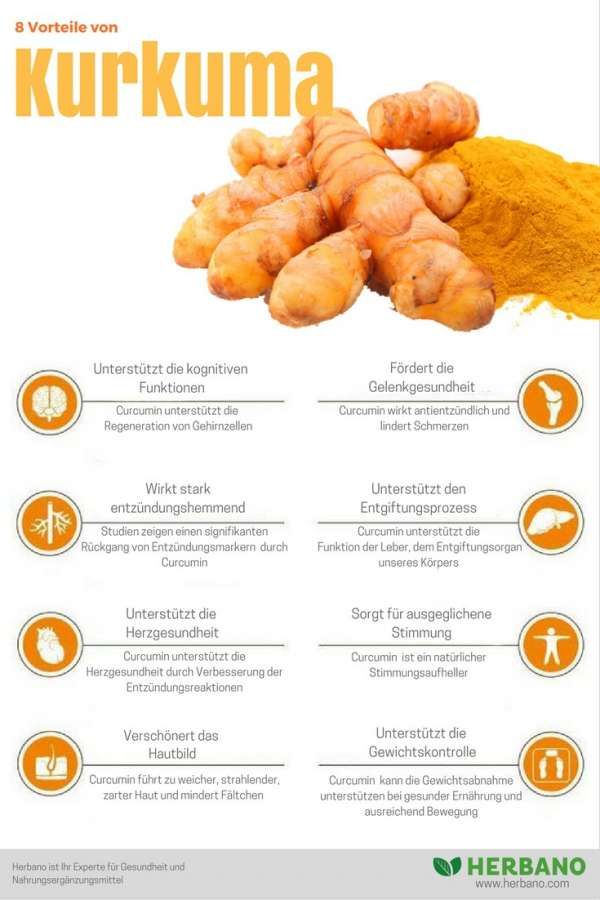Cancer therapy – oncologists recommend turmeric as an accompaniment

Turmeric as an accompaniment to cancer therapy
Turmeric, also known as turmeric is a root that has been known for centuries for its anti-inflammatory and analgesic effects. This effect is due to the curcumin contained in it. In recent years, research has been intensively engaged in this field and numerous findings have been made.
Turmeric can assist in cancer therapy
Already more than 3.000 studies have investigated the effect of curcumin on numerous types of cancer. The results of these studies have led both German-speaking and American oncology societies to recommend turmeric as an adjunct to cancer therapy.
How turmeric can work in cancer therapy?
⦁ Due to its antioxidant effect, it can inhibit the development of cancer at the very beginning,
⦁ Cells, which are already burdened, are prevented from mutating into cancer cells,
⦁ The immune system is built up and optimized,
⦁ The spread of metastases is inhibited,
⦁ Radiation therapy is aided by promoted permeability,
⦁ Prevents cancer cells from becoming resistant to chemotherapy,
⦁ Activates genes responsible for self-destruction of cancer cells.
The following effects have been observed in the following types of cancer:
Skin cancer:
Curcurmin prevents cell destruction by suppressing proteins that promote this process. This leads to increased death of cancer cells.
Colorectal cancer:
The curcumin contained in turmeric prevents the formation of intestinal polyps, from which colon cancer develops. In addition, it supports the reduction of already existing intestinal polyps by almost 60%.
Breast cancer:
Inhibits metastasis formation and thus spread to the lungs. This occurs through the silencing of genes that are necessary for the development of cancer.
You can read more about this here.
Turmeric and Alzheimer’s disease
Already one in 12. Citizen in the German-speaking area falls ill with Alzheimer’s disease. Classical medicine offers a variety of drugs that are expensive and often have little effect.
Alzheimer’s disease develops due to deposits (plaques) in the brain. These cause inflammation in the brain, which severely impairs brain function. cognitive performance deteriorates and Alzheimer’s disease develops. Thanks to its strong antioxidant and anti-inflammatory properties, turmeric can prevent this plaque formation in the brain. For example, the memory performance of dementia patients can be increased by the regular intake of turmeric.
Turmeric for healthy digestion
Turmeric proves to be a good companion for flatulence, slow digestion and digestive complaints of any kind. The active ingredients contained in turmeric stimulate the formation of gastric and bile juice. This in turn promotes digestion.
Turmeric for arthritis
Rheumatoid arthritis is an inflammatory disease of the joints. So it is obvious that turmeric has a positive effect. Especially in combination with classical anti-inflammatories very good results can be achieved here. Turmeric therefore offers a good alternative to most anti-inflammatories, without side effects.
Turmeric and the cholesterol level
Turmeric has the ability to lower cholesterol levels naturally. High cholesterol levels lead to heart attacks, arteriosclerosis and strokes. The antioxidant effect of turmeric can thus reduce the risk of arteriosclerosis, even if there is an elevated cholesterol level. In addition, clinical studies have shown that curcumin lowers bad cholesterol (LDL cholesterol) and raises good cholesterol (HDL cholesterol).
More effects of turmeric can be found on the specialist site for nutritional supplements Herbano.




